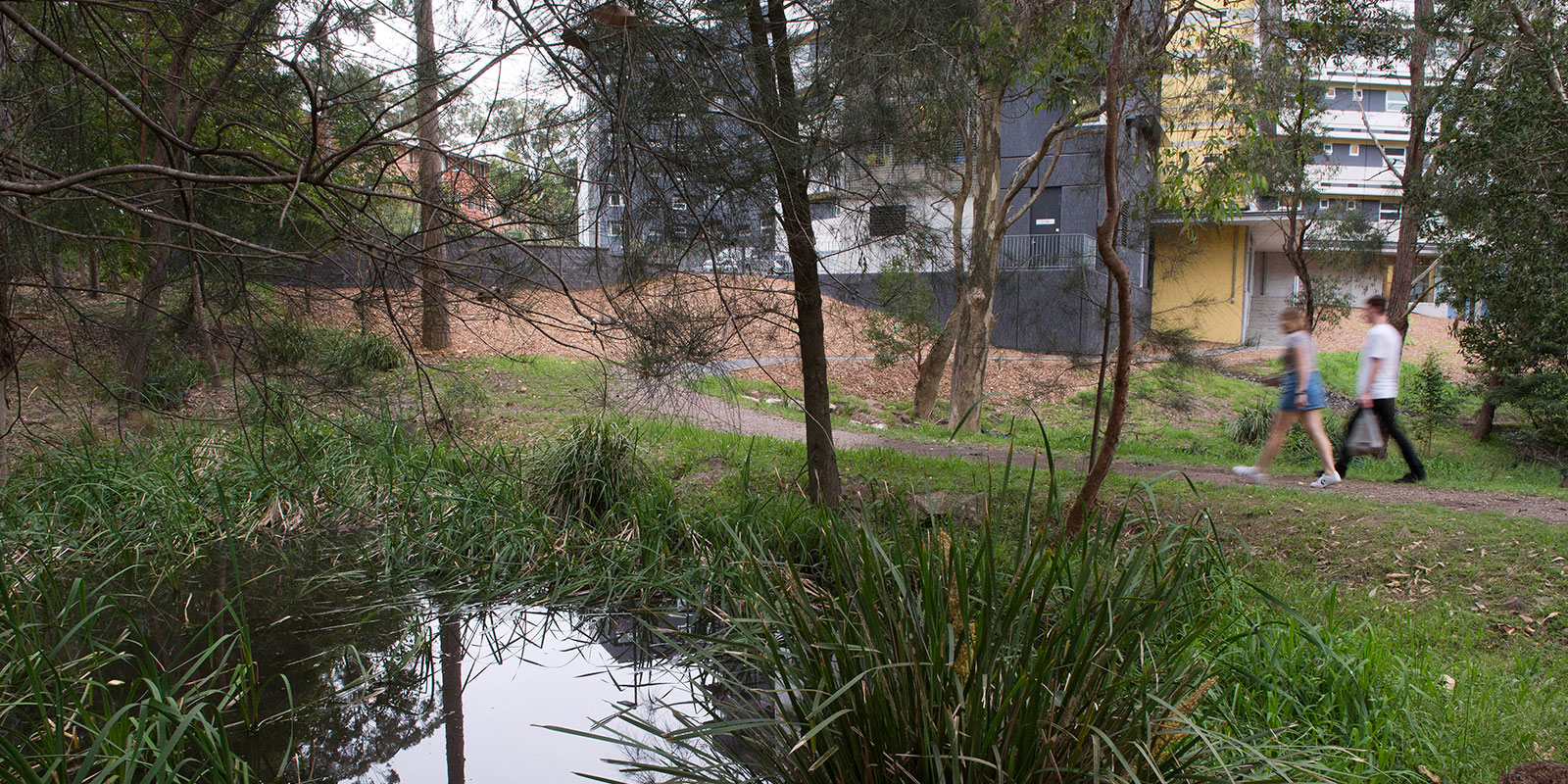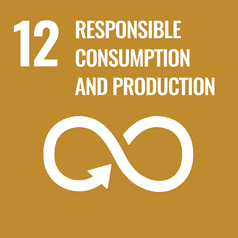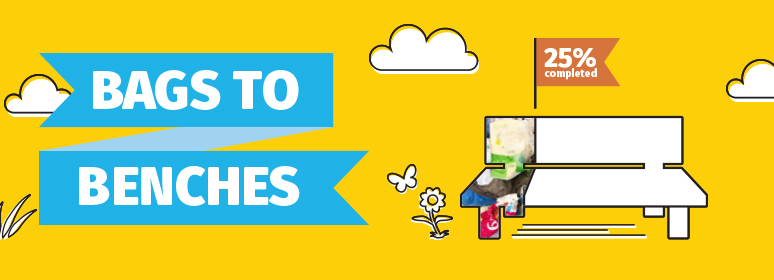

Goal 12:
Responsible Consumption and Production
Policy for Minimisation of Disposable Items
The University of Newcastle’s Environmental Sustainability Policy, in Clause 12(c), explicitly stipulates that the University shall “minimise the use of plastic and disposal items across our campuses.”
We embed plastic minimisation as a key objective within our overarching environmental policy framework.
Policy basis & links to other commitments
- As noted, Clause 12 of the Environmental Sustainability Policy contains five sub‑clauses, and (c) is the one devoted to plastic and disposable item minimisation.
- Clause 12 as a whole is under the “Waste and Recycling” section, which also commits to establishing recycling rate targets, education and aligning procurement with sustainability goals.
- The Environmental Sustainability Policy is part of a suite of policies and plans (e.g. the Environmental Sustainability Plan 2019–2025) under which the University sets goals, targets, and institutional oversight (via our Environmental Sustainability Committee) for implementation and accountability.
- The University also links plastic minimisation to procurement—i.e., we will preferentially select suppliers aligned with sustainability goals (thus influencing packaging, materials, plastic, disposable content) in our supply chain decisions.
The policy is not isolated: it is integrated with waste, recycling, supplier selection and institutional strategy. The Environmental Sustainability Policy was effective from the 8th of December 2022 and will be reviewed in December 2025.
Implementation & practice (2023–2024)

Plastic Free campaign & targets
- The University runs a Plastic Free initiative (campaign) aimed at reducing single‑use plastics on campus.
- The stated goal is to remove single-use plastic products from key areas on campus by the end of 2025.
- The campaign includes actionable steps such as:
- Introduction of reusable container schemes and compostable takeaway food packaging at food outlets.
- Transitioning to plastic‑free or compostable stationery in retail outlets on campus.
- Removal of single‑use plastic items at University‑catered events by policy or directive.
- Encouraging participation in circular economy schemes that reduce new plastic consumption.
There is a timeline (by 2025) and multiple levers (procurement, vendors, events, community engagement) in motion.

Soft plastics & Bags to Benches recycling
- The University maintains a soft plastics recycling program in partnership with Plastic Police, converting collected soft plastics into campus benches. This helps divert soft plastics from waste streams and gives them a new use.
- The program has already processed over 362,500 pieces of soft plastic to date.
- This aligns with disposable plastic minimisation because it reduces the volume of plastic waste and gives material a second life rather than sending it to landfill.
See your nearest collection point.
Retailer guide & vendor engagement
- The University has published the “Plastic Free — A Guide for Campus Retailers” which provides guidance to food outlets, markets, and catering providers on switching from single‑use plastics to better alternatives.
Partnerships and regulatory alignment
- The University is a partner with the NSW Environment Protection Authority (EPA) in efforts to help curb single-use plastics, aligning institutional practice with regulatory directions (e.g. NSW bans).
- In the media release, the University is described as championing the single use plastics ban and leveraging our sustainability role to help design and implement solutions.
- This shows that the University’s minimisation policy is coordinated with state-level environmental regulation and partnerships, not isolated.
Campaigns and education
- The University promotes reusable habits: for example, encouraging BYO cups, offering discounts at campus cafés for reusable cups, etc.
- Our Plastic Free site provides a guide for staff, students and vendors with tips and actions to reduce plastics.
- Through public communications, the University raises awareness of plastic pollution, microplastic threats, and the need to shift away from single-use plastics.
These policies and plans are underpinned by communication and behavioural interventions.
The University of Newcastle acknowledges the traditional custodians of the lands within our footprint areas: Awabakal, Darkinjung, Biripai, Worimi, Wonnarua, and Eora Nations. We also pay respect to the wisdom of our Elders past and present.